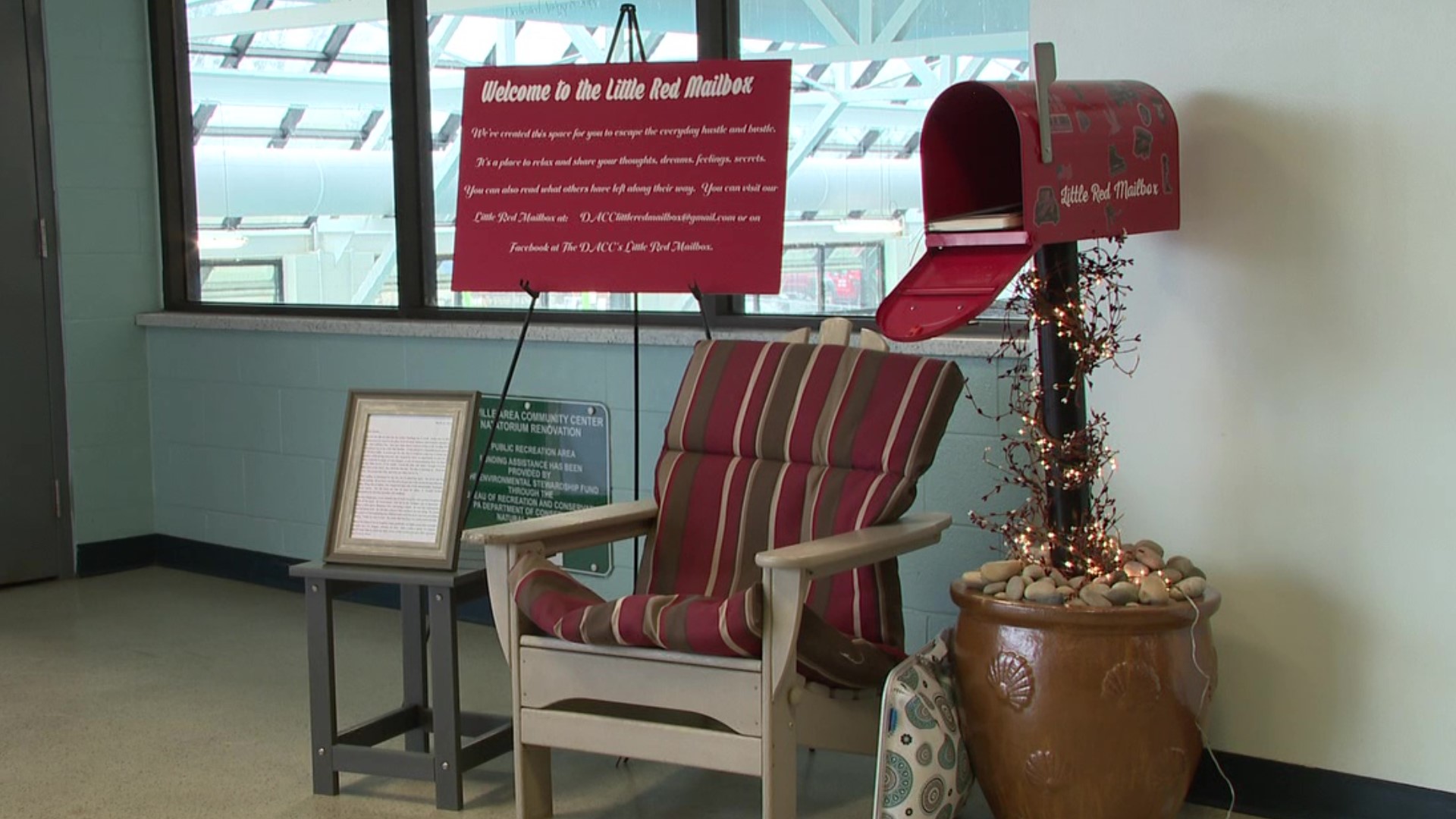MAHONING TOWNSHIP -- In this Healthwatch 16 report, we look at the science behind testing for the flu. It turns out, other illnesses feel like the flu.
So. accurately testing and treating patients is key to getting them back on their feet and stopping the spread of illness.
Here's a how that's done at Geisinger near Danville.
At Geisinger's medical laboratory near Danville, Dr. Donna Wolk says a team of "flu works warriors" is testing for influenza a and b.
Dr. Wolk is one of the microbiology directors here. She wanted to talk about using precision medicine to better diagnose the flu.
If it's truly flu, you can be treated with certain medication. But often she says what feels like the flu isn't. That's why this lab tests for 22 different viruses, including one called RSV.
"We continue to test for that because 40% of our adults who feel like they have the flu actually have RSV, and anti-virals won't help them," explained Dr. Wolk.
This lab and several others within the Geisinger Health System use what Dr. Wolk calls high-level nucleic acid genetic testing. It's still a nasal swab, similar to the traditional rapid antigen test. The difference is it looks at the genetic material, to better detect various strains of flu.
"If patients come into our laboratories for flu testing, we offer a much more accurate test," added Dr. Wolk. "Ours is about 98% accurate, and the rapid flu test in other settings around the country range from 40-80% accuracy."
The swab is placed into one of these blue cartridges in which researchers can amplify the genetic material of the virus.
"This is what precision medicine is. You get exactly the treatment that's appropriate to your constitution and your disease," said Dr. Neil Martin, Chief Quality Officer.
Dr. Martin says the point is to help the patient feel better faster, and stop the spread of it to anyone else.
"With the technology that's installed here, the best technology I have seen in any laboratory in the world, we get the most accurate diagnosis and it's much faster.Instead of days in some cases, it's hours," added Dr. Martin.
That lab is in its busiest time right now. Dr. Wolk says November through April is when they'll process the majority of those tests.



